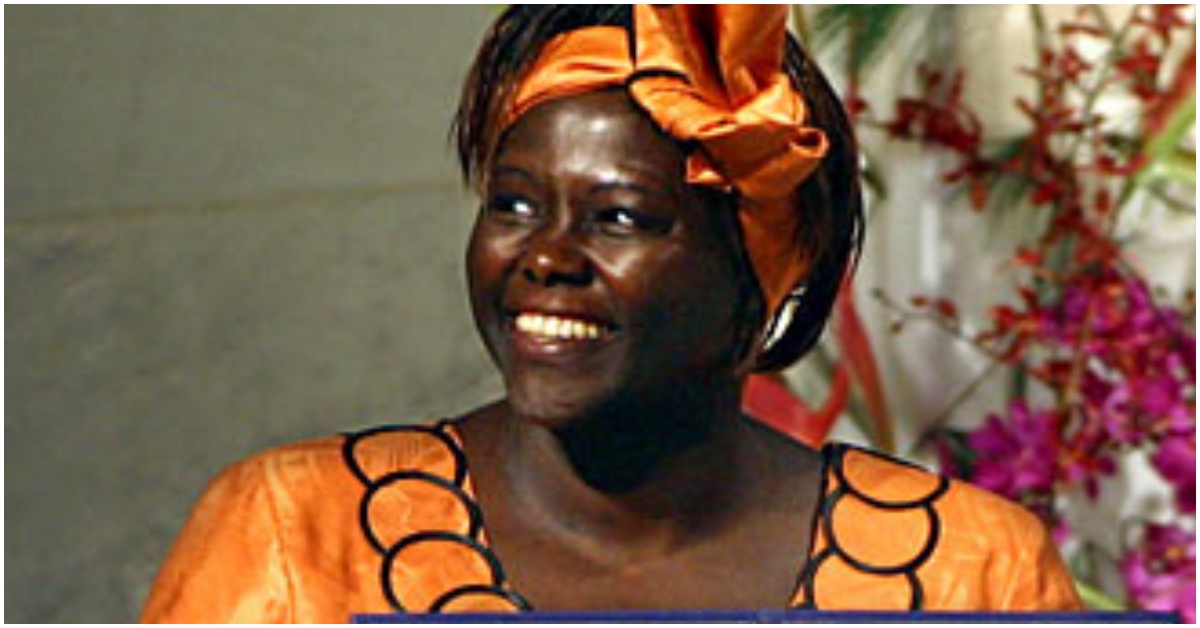Pioneering Environmental Activist
Wangari Maathai, a Kenyan environmental activist and woman’s rights advocate, registered her name in history when she was awarded the 2004 Nobel Peace Prize.
She became the first Black African woman to receive this prestigious honor for her lifelong work promoting sustainable development, democracy, and peace.
“She thinks globally and acts locally,” remarked the Nobel Committee, commending Maathai’s holistic approach.
Roots of the Green Belt Movement
In 1977, Maathai founded the grassroots Green Belt Movement aimed at countering deforestation in Kenya.
The movement encouraged rural women to plant trees in their local environments to conserve resources and improve livelihoods. Under Maathai’s leadership, over 30 million trees were planted across Africa by the early 21st century.
Breaking Barriers in Education
Maathai’s trailblazing spirit was evident from an early age. She became the first woman in East and Central Africa to earn a doctorate, obtaining a Ph.D. in biology from the University of Nairobi in 1971. Subsequently, she served as chair of the veterinary anatomy department, once again being the first woman to hold such a position.
While Maathai is renowned for her environmental work, her activism extended to human rights, AIDS prevention, and women’s empowerment.
She frequently represented these causes at United Nations General Assembly meetings, advocating for a more equitable and sustainable world.
Political Influence and Global Recognition
Maathai’s unwavering commitment to social justice led her to join the opposition against the regime of Kenyan President Daniel arap Moi. In 2002, she was elected to Kenya’s National Assembly with an overwhelming 98% of the vote and later appointed Assistant Minister of Environment.
“Her work was often considered both unwelcome and subversive in her own country, where her outspokenness constituted stepping far outside traditional gender roles,” a biography states.
Lasting Legacy
Maathai’s remarkable achievements have been recognized globally, with numerous awards including the 2004 Nobel Peace Prize.
Her autobiography, “Unbowed,” and other works have inspired generations. By breaking barriers and championing sustainable development, democracy, and human rights, Wangari Maathai left an indelible mark as a pioneering leader.





